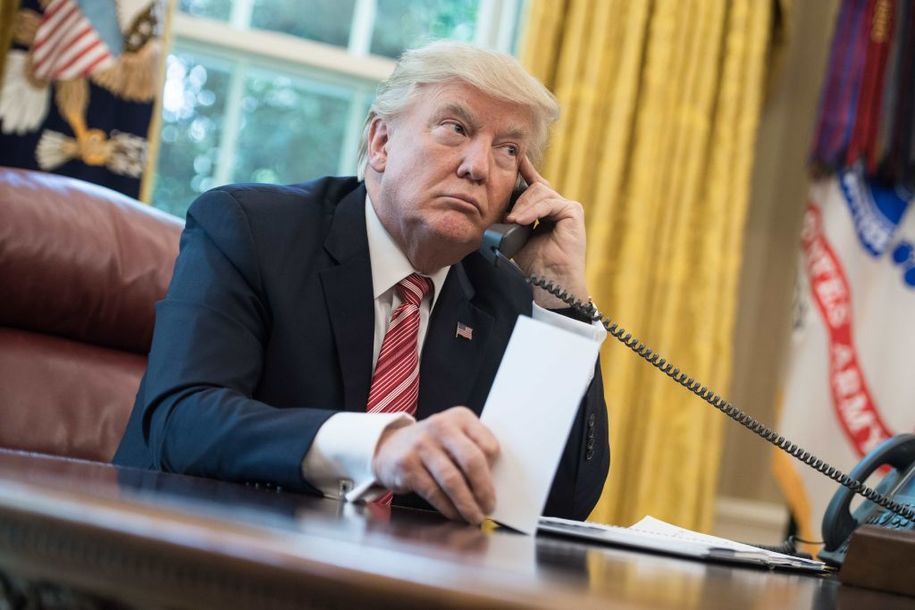COVID-19 has unleashed a 21st-century public health crisis on a global scale. As the world races to contain the virus and discover a vaccine, many are also bracing for its dramatic economic impact.
In the U.S. alone, more than 36 million people have filed for unemployment since the start of the crisis. The stress of being laid off, further, has left many workers feeling “suicidal.” The International Labour Organization estimates that 1.6 billion informal economy workers worldwide could suffer massive damage to their livelihoods.
During this time, frontline workers such as nurses and doctors are rightfully celebrated. With significantly less fanfare, employees deemed “essential” are being called back to work. However, the crisis is also used as an opportunity to let go of workers deemed “non-essential.”

It has led to unprecedented mass layoffs and furloughs by companies, including Uber, Virgin Atlantic, and Boeing. Just this week, the City University of New York has announced the possibility of laying off hundreds and maybe even thousands of faculty members.
These firings are justified based on non-assailable financial reasoning. Yet far from being objective, they reflect existing power imbalances at work and in society. Who decides who is and is not expandable is a political as much as an economic decision. And currently, it is ironically the least “essential” workers – top executives – who are making such decisions.
An ‘Essential’ Misunderstanding
It remains widely accepted that “essential” employees are those that are the highest paid and in the most senior levels of management. Lower paid and more precarious workers are deemed as “vulnerable” and if necessary dispensable for maintaining a company’s healthy profit margin. This willingness to cut out those at the bottom is deemed especially necessary during economic crises.
Historically, though, socialists and progressives have offered a different view of who is economically “essential.” They flip this capitalist understanding on its head, arguing that those who actually run the economy are the most important. By contrast, executives are largely a waste of resources whose main role is doing the bidding of owners rather than improving products or services.
The evidence is increasingly clear about who is right. And while it may surprise some, recent evidence shows that “who is in charge” makes little ultimate difference to a company’s success and value. It represents an “essential” misunderstanding of who is really economically valuable – one that continues to cost society dearly.
Letting Go of ‘Non-Essential’ Executives
Underpinning this “essential” misunderstanding is the still strong myth of the “visionary” CEO. Starting in the 1980s, executives were viewed not as privileged elites but geniuses whose brilliance was necessary to economic and social progress. While in reality, most get their position based on their elite connections, the myth persists the real drivers of change are figures such as Bill Gates, Richard Branson, and Michael Bloomberg.
The 2008 crisis, unfortunately, did little to burst this myth. Donald Trump was elected largely due to his perceived “wisdom” as a businessman who had mastered “the art of the deal.”

This conventionally accepted illusion of executive greatness has resulted in massive pay increases for top management and corporate boards alongside a steep reduction in wages and rights of everyday workers.
Since 1978, for instance, CEO pay has grown by 940 percent, while the average worker’s salary has only risen by 12 percent. The parallel decline of unions gave these executives and the shareholders they primarily answered too carte blanche to outsource labor and fire those viewed as “too expensive.”
Though many have criticized the global “race to the bottom” sparked by such executive power grabs, there is comparatively little challenge to the actual authority of top management to make such decisions.
Indeed, this raises serious questions that, if we want to recover from this crisis sustainably, need to be properly addressed. Notably, why should arguably the least “essential” workers be making the final decision of who is or is not “expendable”? And just as importantly, how can we create a system that gives actually valuable employees the right to let go of “inessential” executives and elites?
Recovering a ‘Valuable’ Economy
In the wake of the COVID-19 crisis, the authority of top management and CEOs seems to be finally starting to crumble.
In April, Amazon received serious public condemnation for firing two employees who criticized what they felt was the company’s “unsafe” COVID-19 policies, leading one of its vice presidents to voluntarily resign “in dismay.” Perhaps seeing the writing on the wall, several top executives have voluntarily agreed to a pay reduction.
Jeff Bezos is expected to become the 1st trillionaire as he consolidates the retail market during coronavirus.
Now Amazon is telling its workers (who have faced significant risk) that it'll be ending their hazard pay at the end of MAY!
Atrocious greed.https://t.co/JOcsZBwSGo
— Rep. Bonnie Watson Coleman (@RepBonnie) May 13, 2020
Still, it is critical for our recovery that, at the very least, we shift our organizational thinking, so that we begin to view those at the top as “luxuries” that can be easily disposed of during difficult financial times.
Fundamentally, recovery requires transforming employment relations so that it is actually valuable workers who can be empowered to make such strategic decisions. It is also an opportunity to experiment with “leaner” types of firms that dispose of executives entirely – a trend being witnessed in the rise of cooperatives and worker-owned enterprises.
The world is at a crossroads. One path leads to further executive power, elite wealth hoarding, and suffering of millions if not billions of workers who are being left behind as “expendable.” The other path leads to a different economy where people can come together as employees and citizens to run organizations to create not just profit but innovative and widespread economic and social value.
Once this health pandemic passes, the real fight will begin to recover a genuinely “valuable” economy.
Disclaimer: The views and opinions expressed here are those of the author and do not necessarily reflect the editorial position of The Globe Post.






















